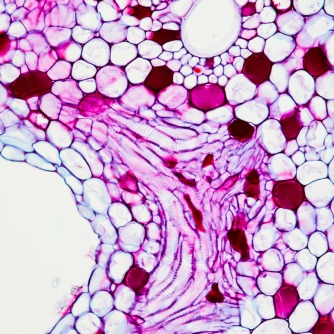THE IMPORTANCE OF COLLAGEN
Supplements of collagen
Ialuronic formula

In a study published today in Nature, researchers at the Joslin Diabetes Center have used a microscopic worm (Caenorhabditis elegans) to identify a new road that could lead to drugs to slow aging and chronic diseases.
The Joslin team examined how the treatments known to increase longevity influence the expression of genes that produce collagen and other proteins that make up the extracellular matrix (ECM), which is the support structure that supports the tissues, organs and bones.
"Any intervention pro longevity that we examined, whether genetic or nutritional, increased the expression of collagen and other ECM genes, and increased ECM remodeling," says T. Keith Blackwell, senior author of the study. "If you interfere with this expression, it interferes with the extension of the life span."
These results indicate that the production of collagen and other ECM components plays a key role in longevity. They also suggest that agents that promote tissue remodeling this may slow aging in humans.
The worm C. elegans is an excellent model for the study of aging because of its short life and genetics easily manipulated. "Essentially any other mechanism that can be found in this little worm is applicable to higher organisms," say the researchers.
The main structural protein in connective tissue, collagen proteins make up about a third of the proteins in the human body. "The proteins collagen are everywhere, as are scaffolding for our tissues, and give us flexibility and strength," says Dr. Blackwell.
But these structures deteriorate with age, and the collagen protein are implicated in diseases ranging from complications of diabetes, cardiovascular disease, diseases of bones and kidneys.
The discovery of the Joslin will help to open new avenues of research into longevity, and could potentially lead to better anti-aging to prevent the development or progression of chronic disease.
Source: Worldhealth
Supplements of collagen
Ialuronic formula
